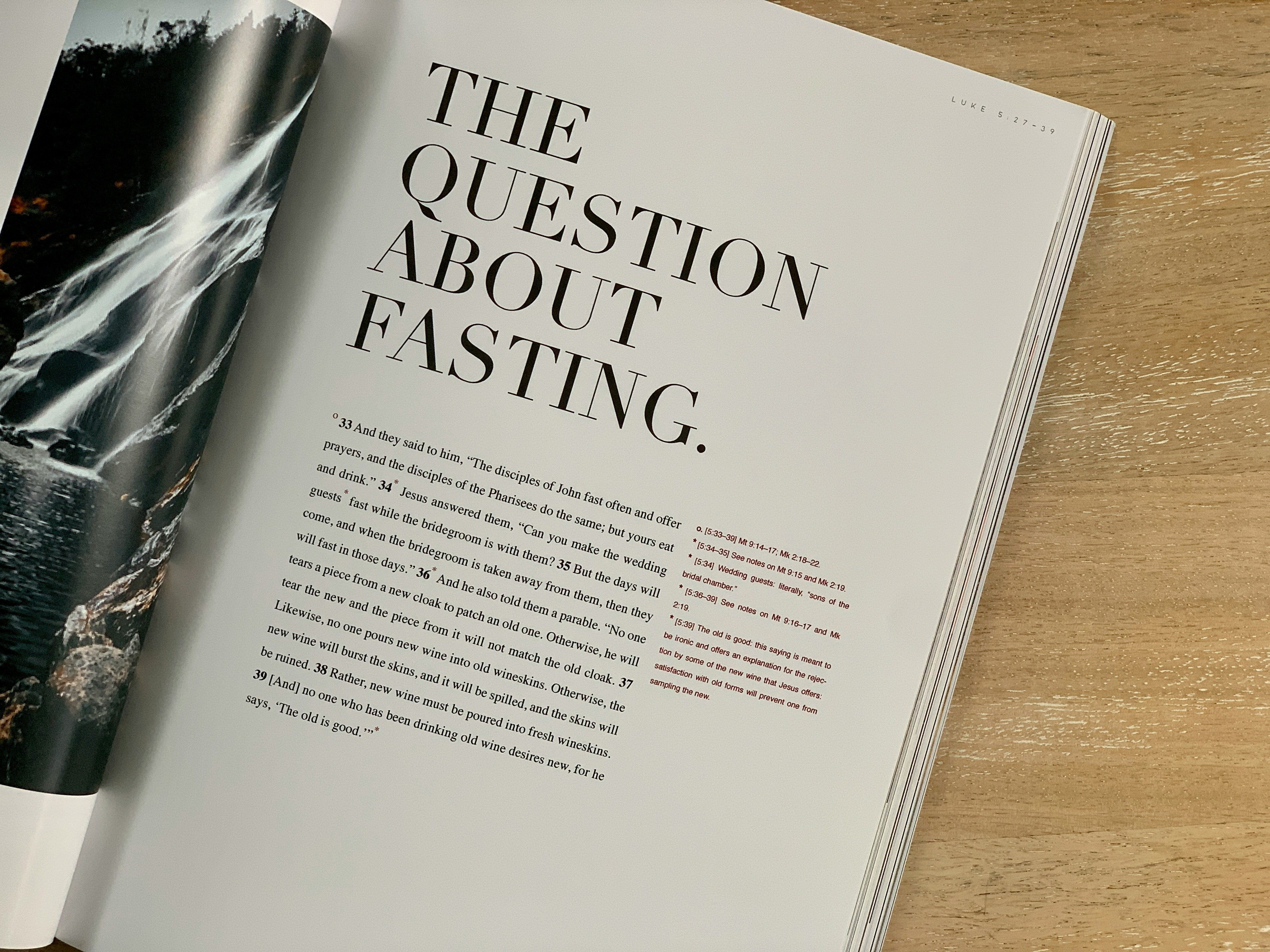Kapanlagi.com - Ramadan fasting is one of the most important rituals for Muslims. In Islam, fasting is the third pillar of faith. In addition to voluntary fasts, there are also obligatory fasts, one of which is Ramadan fasting. As known, during fasting, Muslims are required to refrain from eating, drinking, and various other activities from dawn until sunset.
Before starting the fast, Muslims first have sahur before dawn. Sahur is the last opportunity for a Muslim to eat and drink, preparing their energy before fasting all day. However, there are some people who intentionally or unintentionally choose not to have sahur.
So, is fasting without sahur allowed in Islam? To answer that question, let's take a look at the following discussion:
1. The Virtue of Sahur

The Virtue of Sahur (credit: unsplash)
There are many virtues of sahur in the act of fasting. One of them is to obtain blessings from Allah SWT. Sahur also strengthens physical and mental endurance during fasting, and imitates the Sunnah of the Prophet Muhammad SAW as explained in the following hadiths:
1. Distinguishing Islamic Fasting from Jews and Christians
The virtue of sahur is further narrated by Amr bin 'Ash RA. He narrated the saying of the Prophet Muhammad SAW, "Indeed, the difference between our fasting and the fasting of the people of the Book is the sahur meal." (HR Muslim).
2. Contains Blessings
Anas bin Malik RA reported that the Prophet Muhammad SAW said, "Have sahur because indeed, there is blessings in sahur." (HR Bukhari).
3. A Favorable Time for Prayer
From Abu Hurairah, the Prophet Muhammad shallallahu 'alaihi wa sallam said, "Our Lord, blessed and exalted, descends to the lower heaven when the last third of the night remains. Then He says, 'Whoever supplicates to Me, I will answer him. Whoever asks of Me, I will give him.' Whoever asks for forgiveness from Me, I will forgive him.'" (Narrated by Al-Bukhari and Muslim).
2. The Ruling of Fasting Without Sahur

The Ruling of Fasting Without Sahur (credit: unsplash)
The ruling on fasting without having suhoor (pre-dawn meal) in Islam is still often discussed. Although there are some opinions that allow fasting without suhoor, the majority of scholars tend to recommend still having suhoor before fasting. Especially the recommendation to have suhoor directly comes from the Prophet Muhammad, as mentioned in the hadith:
"Whoever wants to fast, let him have suhoor" (Narrated by Ahmad).
Nevertheless, some scholars allow someone to fast without suhoor, especially in certain circumstances, such as if a person cannot obtain suhoor or has a health condition that makes it impossible to have suhoor.
Although fasting without suhoor is allowed in certain circumstances, it is better if Muslims still strive to have suhoor. Because suhoor has virtues and benefits that cannot be ignored, including strengthening the physical and mental state, maintaining nutritional balance, and getting closer to the Sunnah of the Prophet Muhammad.
Furthermore, suhoor also provides the last opportunity for someone to eat and drink before fasting throughout the day. During suhoor, Muslims can obtain the energy needed to carry out daily activities and fasting worship smoothly. So, even though it is allowed to not have suhoor while fasting, it is still recommended to do so for the goodness and smoothness of fasting worship in the following day.
3. Tips for Fasting Without Sahur

Tips for Fasting Without Sahur (credit: unsplash)
Sahur is indeed one of the recommendations and sunnah in fasting. However, as previously explained, fasting is still valid if someone misses sahur. Although it is possible for someone who fasts without sahur to feel weak. Therefore, here are some tips that can help people who fast but do not have sahur.
1. Sufficient Rest
Pay attention to your body's need for sufficient rest. Even without sahur, sufficient rest can keep you fit and energetic throughout the day.
2. Avoid Heavy Activities
When fasting without sahur, avoid heavy physical activities that can make you quickly tired. Prioritize rest and avoid excessive sun exposure.
3. Maintain Intention and Sincerity
Even if not having suhoor, still maintain the intention and sincerity in performing fasting. Remember that the main purpose of fasting is to get closer to Allah SWT, test patience, and increase faith and piety. Keep performing worship wholeheartedly and focus on the blessings that come from fasting.
Those are some explanations regarding the ruling of fasting without having suhoor. Hopefully, it is beneficial, can increase knowledge, and improve faith as a Muslim. Amen.
(kpl/psp)
Disclaimer: This translation from Bahasa Indonesia to English has been generated by Artificial Intelligence.















